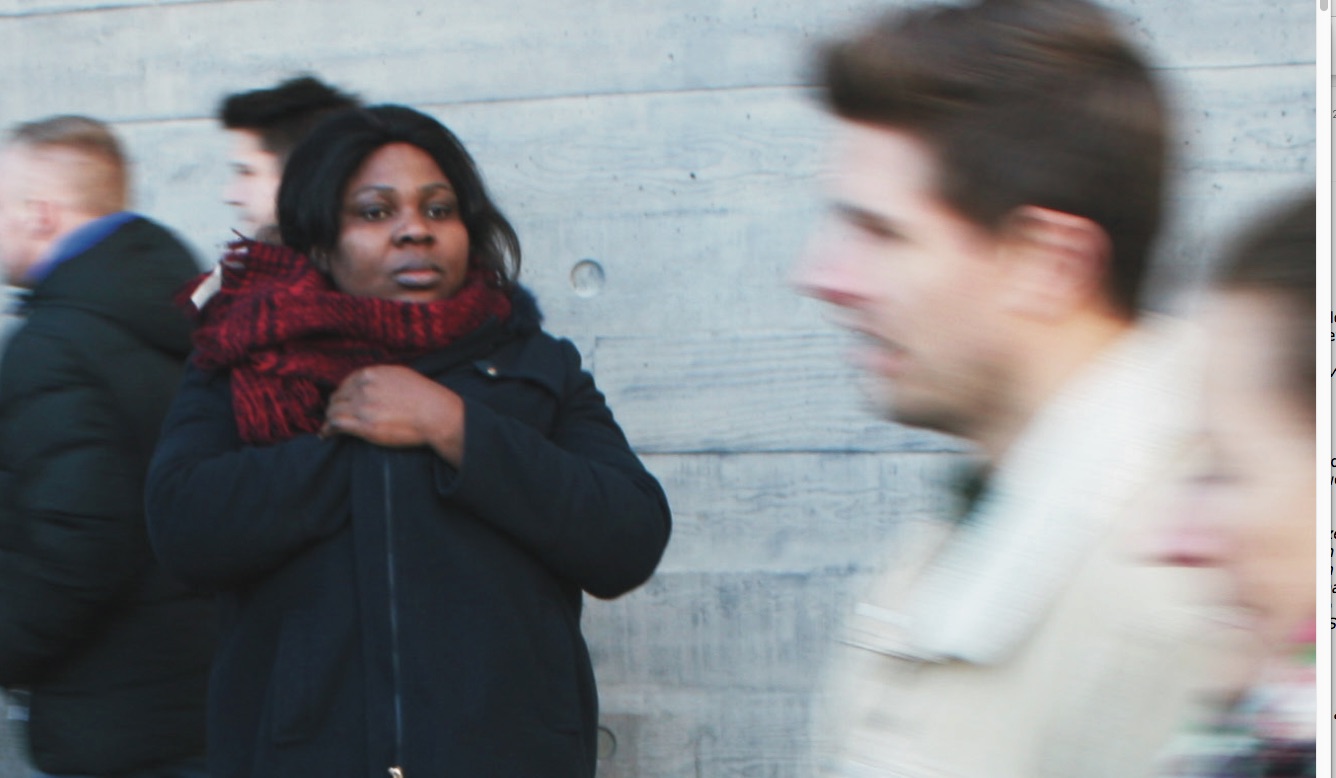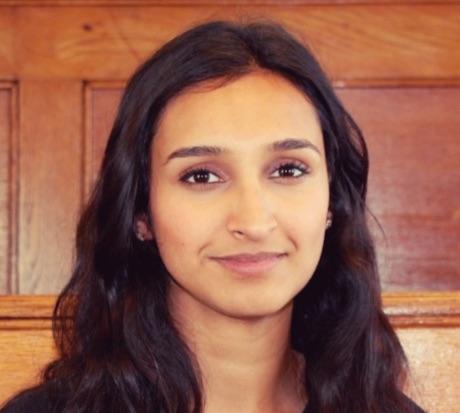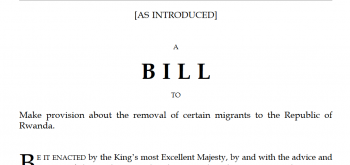A third of asylum seeking women claimed to have been raped by state authorities in their country of origin and over a quarter of the women said that they were trafficked into the UK. Women for Refugee Women (WRW) interviewed 106 destitute asylum-seeking women reporting that many were ‘homeless, hungry and vulnerable to abuse upon arrival in the UK’ . Many were made destitute after their claim for asylum was refused, but they remained unable to return to their countries of origin due to the fear of further persecution.
The British Red Cross report that at least 15,000 refugees and people seeking asylum were left destitute in 2017. According to the WRW report (Will I ever be safe? Asylum-seeking women made destitute in the UK): ‘People who seek asylum are rarely presented as human beings with histories, and are rarely given the chance to tell their stories to those in government.’
Natasha Walter, director of Women for Refugee Women, said it was ‘shocking to see how women who have already survived extreme violence and abuse are being left with no support when they come to the UK to seek safety’. Following the launch of this report last week, refugee women gathered in Birmingham alongside campaigners, activists and politicians to launch the new campaign against the destitution of asylum-seeking women: #SisterNotStrangers.
‘These punitive policies are leaving women who have already gone through rape and torture vulnerable to abuse all over again in this country. Too often, our government is ignoring the needs of women who cross borders. It is time to build a fairer asylum process in which women are protected from harm and in which they can be supported to live with dignity.”
Natasha Walter, director of Women for Refugee Women
The report made a series of recommendations including: improving access to asylum support; granting asylum-seekers the right to work if their case has not been resolved within six months; establishing safer ways for women to seek help from the NHS, police and other services when they require it without the fear of being reported to the Home Office; and having a just and transparent asylum system in which each individual asylum-seeker gets a fair hearing where decision-makers recognise the impact of gender-based violence as well as revise the legal aid system so that those seeking asylum can have access to legal representation.
‘The destitution of those at the end of the asylum process is a part and parcel of the hostile environment; it is deliberately enforced in order to push vulnerable people to leave the UK,’ the group said.
The report also highlighted the impact of the 2013 legal aid cuts noting that support for immigration and asylum cases was ‘almost non-existent unless you have the money to pay for it’ and the ‘increasing scarcity
of quality legal provision’ made it harder for those refused asylum to resolve their situations. According to Refugee Action, more than half of legal aid providers (56%) and almost two-thirds of not-for-profit entities (64%) have ceased providing representation for asylum cases since the cut.
Key findings:
- 30% of women said that they were raped or sexually abused both in their country of origin and in the UK after becoming destitute. 78% said that they originally fled gender-based violence in their country of origin, with a third reporting that they were raped by state authorities in their country of origin.
- A quarter of women interviewed came from DR Congo where gender-based violence is considered commonplace during the ongoing conflicts.
- 16% of women interviewed were targeted due to their sexuality, identifying as either lesbian or bisexual in countries where homosexuality is illegal such as Uganda and Cameroon.
- Almost half of the women experienced homelessness with a quarter saying that they were raped or experience sexual violence while sleeping on the streets.
- 95% of the women were hungry while destitute.
- A third of the women tried to kill themselves.







